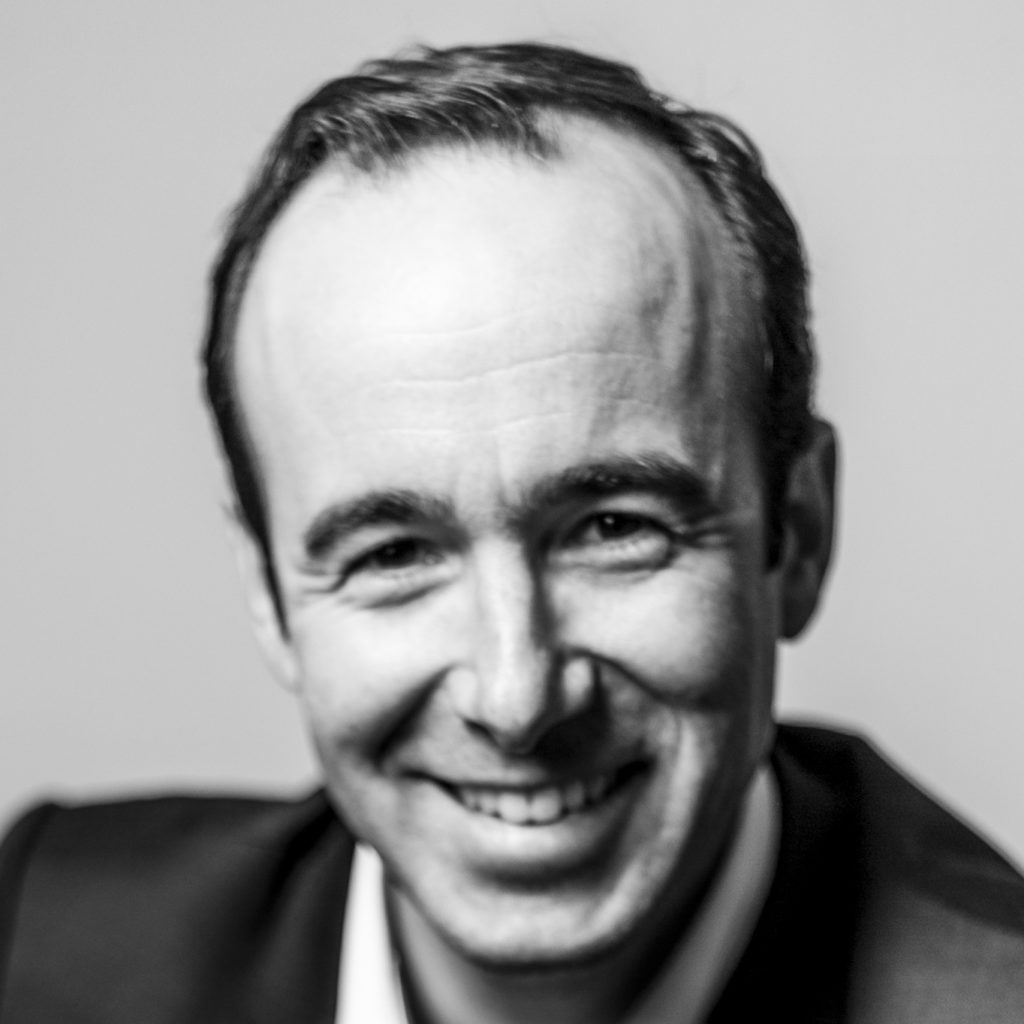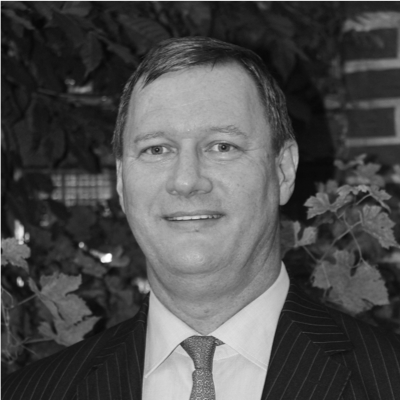Luc Vlaminck
Testimonial
06.18.2018
Ever considered a career in treasury? Hear from Luc Vlaminck, our Group Treasurer & Managing Director in Brussels.
A brief overview of your career, leading up to Rémy Cointreau?
I started my career in the treasury department at SWIFT, where I played an active role in the initial development of secure wire transfers. I worked there for 14 years before joining a pharmaceutical and chemical company, also in the treasury department, where I spent seven years in the European treasury center, managing Europe and the US, before joining a California-based IT company, where I was appointed European Treasury Director.
A friend of mine knew someone working at Rémy Cointreau at the time when they were starting to develop their international distribution network. I was intrigued. The day before I started my job, Rémy Cointreau ended its financial distribution partnership with Maxxium, meaning we would have to innovate and rebuild our own distribution network, which would probably transform the company into a more international one, meaning more direct exposure to financial risks.
What did building the new treasury center look like?
We had to start almost from scratch, rebuild the whole team … That’s why we created the Financière Rémy Cointreau in Brussels, where all of our treasury activities are based. That was in 2007, 11 years ago.
Now, we have a very high-performing team of nine. We monitor financial risks like currency, interest rates, liquidity, funding, financial market compliance, rating agencies and credit management.
Since we’re based in Brussels, it helps to develop the international approach that is integrated into treasury systems. We recently implemented the Group’s Payment Factory: a centralization of payments across the Group that increases the security and efficiency of the payment process.
How does it work?
Depending on how you look at the company, one of my main challenge is funding the development and growth with the longest maturity (matter of time) and at the lowest cost, and in the meantime, to not be too dependent on a single financial market. We work centrally, aside from exceptions in smaller countries, so there is no affiliate funding. The affiliates are funding their activity in the treasury center, and then, we can fund global activity through central funding programs: bonds, equity links, private placements, bank loans, that sort of thing.
What does your role entail?
Brussels is my central office, but I need to meet with the team in Paris on regular basis, and also visit the affiliates. I try to visit our affiliates as much as possible: the biggest ones at least once a year.
To size the treasury activity, you can consider that for each euro of turnover, the money passes three times in our hands: when we pay our suppliers; when we collect from our clients; and when we manage the working capital. This means that the treasury department is approximately running a 3bn yearly activity.
Biggest challenges?
When we look at today’s transforming treasury landscape, we have new challenges to face. For example, fraud and security risks. As a listed company, we are frequently targeted for potential fraud attempt. This is the reason why we constantly train and inform our financial community about new fraud techniques. We also increase the security of our internal systems to reach best-in-class level.
How do you stop fraud?
This is one of the reasons why we have developed a central payment system. It is easier to manage and control within a single and secured process, as we are quite subject to fraud attempt. Every week, we have an alert, a warning. One of the biggest risks is someone trying to push our bankers to execute a transaction looking like one we could issue, or fake payments that can be intercepted. When we look for fraud, we are looking for these kinds of things. We need to assure that everyone working internally is aware of the risks.
How are you adapting to evolutions within the financial world?
By never looking too much at the past. I try to anticipate changes in the business and in the market to define new needs and find appropriate technologies, etc. The treasury world is constantly evolving. New technology is coming on board. The evolution of fintech, big data, blockchain, etc., will probably disrupt the traditional financial market and create new ways of doing business.
Why do you choose to work in treasury?
I was going the classic financial route at the beginning of my career, and I discovered treasury by chance, and I found it much more fun than accounting. The fact is that we’re always looking forward, not backwards. And that’s kind of the philosophy I adopted in my day job, but there is no day like the other.
What do you love most about your role?
There will always be surprises. It’s certainly not routine. If you’re looking for innovation, creativity and to be very involved in a business, it’s probably one of the best jobs in finance.
Why Rémy Cointreau?
Having worked in treasury for more than 30 years, joining Rémy Cointreau was probably the first time I could combine my hobby (wine and spirits) with my job, and not everyone can say that. Apart from this, the fact that Rémy Cointreau is a family-owned company with a very entrepreneurial spirit at all levels of the company. It’s challenging—but always in a positive way—and very rewarding.


